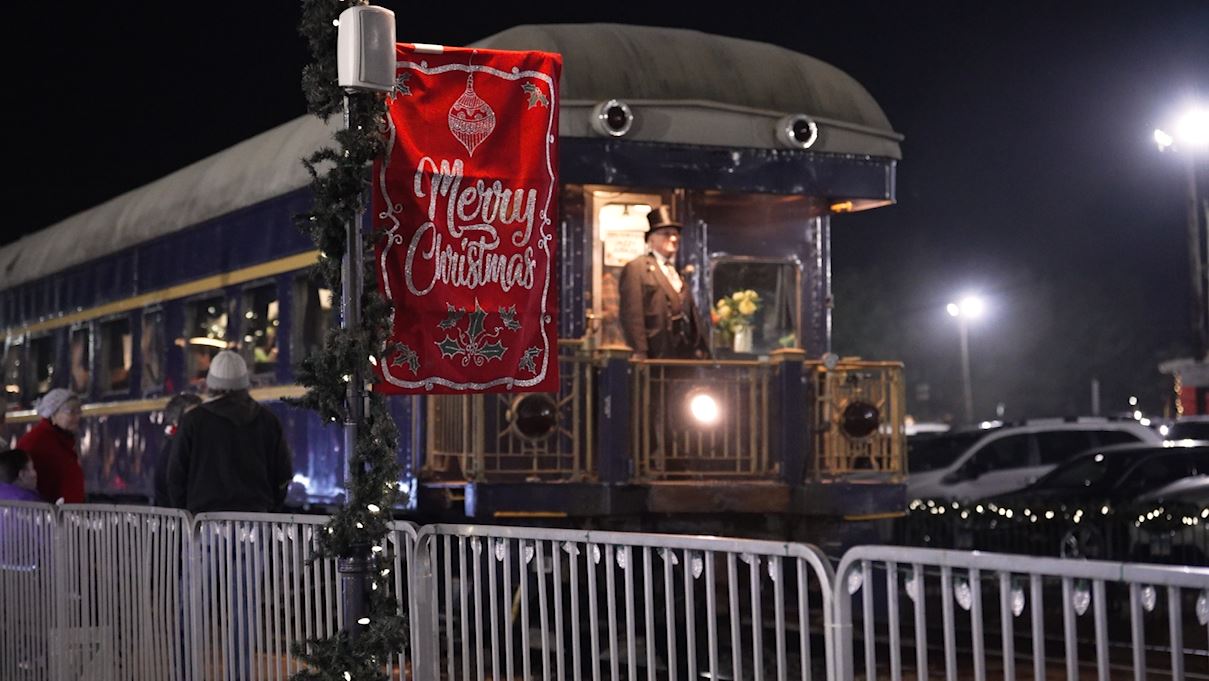Many are concerned about the possible effects of the Jussie Smollett case.
When Smollett was accused of staging a homophobic and racist attack, Roberto Tollis’ mind flashed back to the 1990s when he says he was the victim of a gay hate crime in Hartford.
“It just brings up those raw emotions, like, oh man. And to use that community again to better your career? What about all of our emotions? All the people who have suffered through this?” said Tollis.
Now Tollis worries if victims in the future will be concerned that they won’t be believed.
And they might think twice about coming forward, which is always difficult.
“It’s a scary thing. Like you don’t want to come out and report something like that and let the world see what happened to you,” said Tollis.
That fear is shared by Kenneth Gray, a former FBI Special Agent and a lecturer at the University of New Haven.
Local
“This may stop reports from legitimate hate crime victims,” said Gray.
Gray says the Smollett case also took a toll on law enforcement, taking resources away from investigating other crimes.
“Because of the high profile nature of this crime spent a lot of resources to go in and investigate this crime,” said Gray.
After all the twists and turns of the Smollett case, Tollis hopes victims have faith that justice will prevail and are brave when facing hate.
“They need to report anything that happens. We have to report it because if we don’t it’s just going to get worse,” said Tollis.
Nationally, the FBI says hate crime reports were up 17 percent from 2016 to 2017, the most recent data available.
Of the more than 7,000 cases, about 60 percent were race bias, followed by religious and sexual orientation.
Experts think a lot of crimes actually go unreported. Victims worry about the attention, that police won’t take action or they might end up being arrested.



